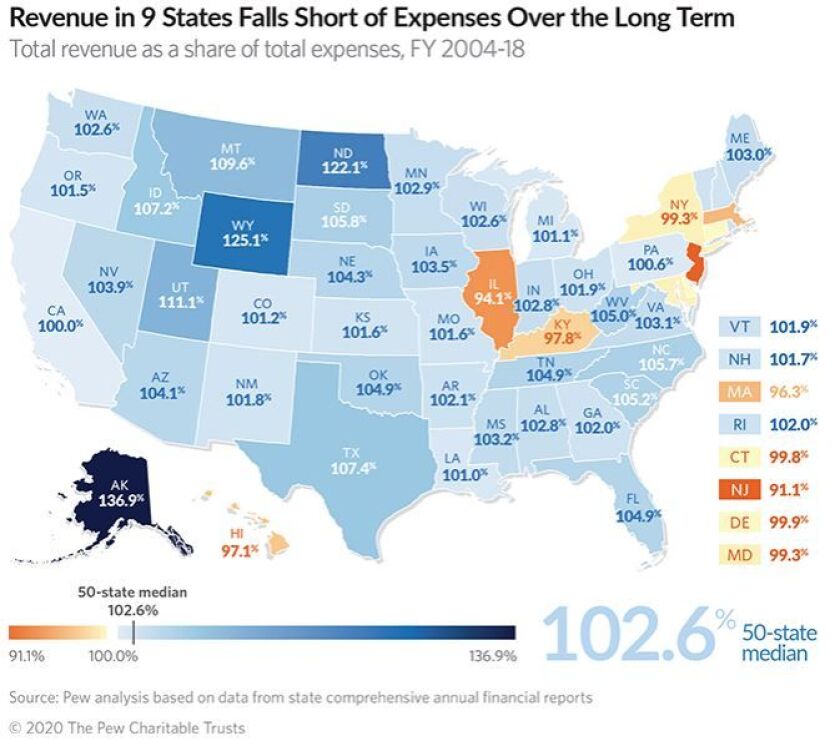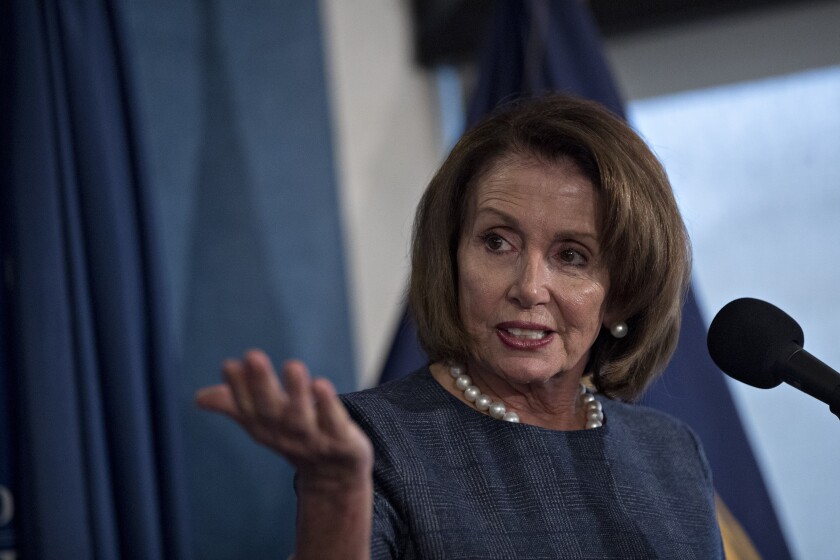With about two weeks before the fiscal 2021 starts, the Florida Legislature still hasn't submitted a budget to Gov. Ron DeSantis.
The Volunteer State reported a nearly 16% decline in revenues in April, much of which was due to stay-at-home orders and delayed tax filings.
The state's ratings, just one rung above junk, are holding steady after analysts' initial review of a fiscal 2021 budget that pins hopes on future federal relief.
Comptroller Kevin Lembo forecast a $620 million fiscal 2020 deficit in his monthly update to Gov. Ned Lamont.
Sales tax collections fell 13.2% compared to the same month last year, the steepest decline since January 2010
Maine is planning a $119.4 million bond sale this week to improve roads, broadband, senior housing and public colleges.
As state finances across America are upended by the coronavirus, almost all of them face the same, self-imposed, problem: how to balance their budgets.
State lawmakers passed a continuing resolution, and expect to return to Columbia in September to complete work on a budget for fiscal 2021, which begins July 1.
Republicans universally rejected a $3 trillion stimulus measure drafted by House Democrats to bolster the U.S. economy, but the draft plan has the seeds for an eventual, smaller compromise.
The head of the U.S. central bank said its emergency credit programs were not designed to prop businesses up over the long term.













